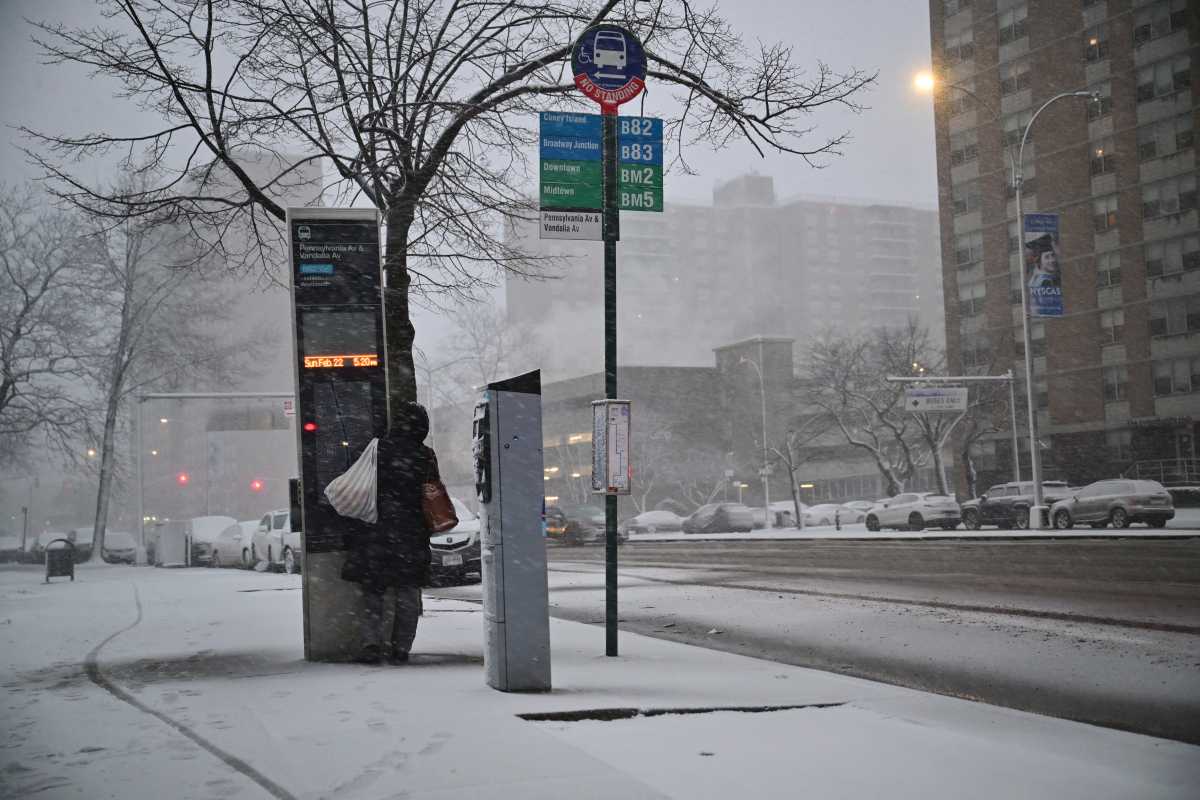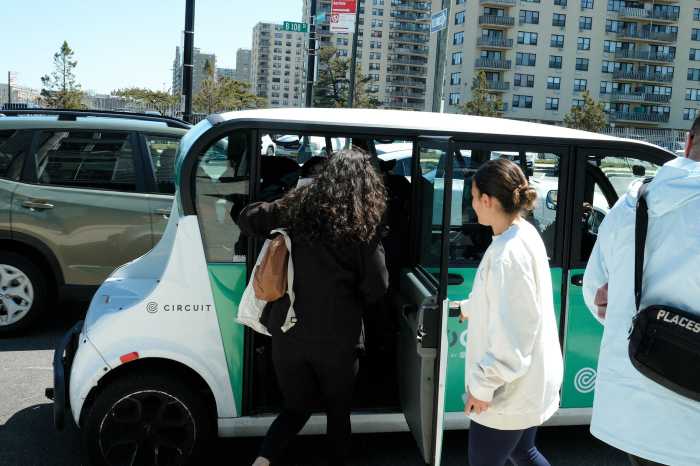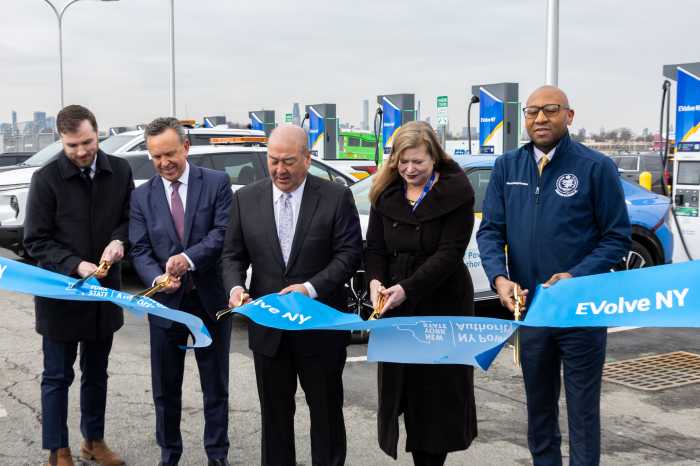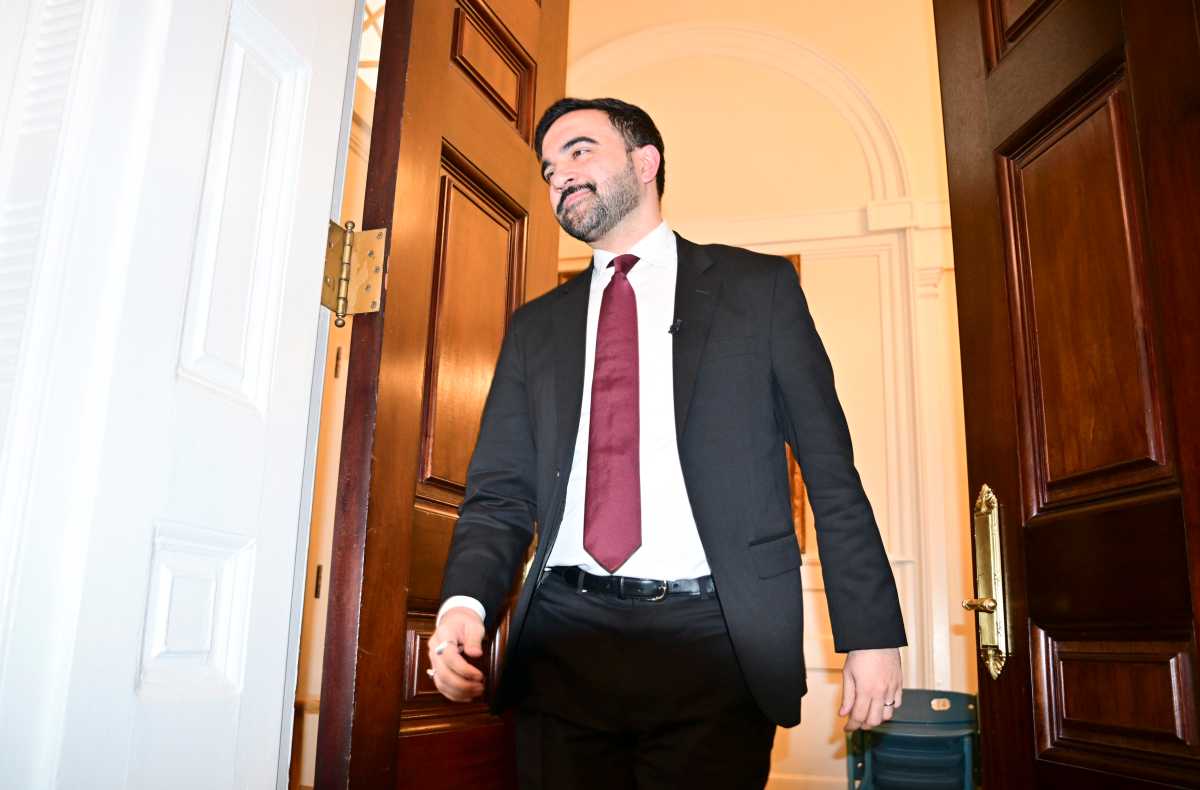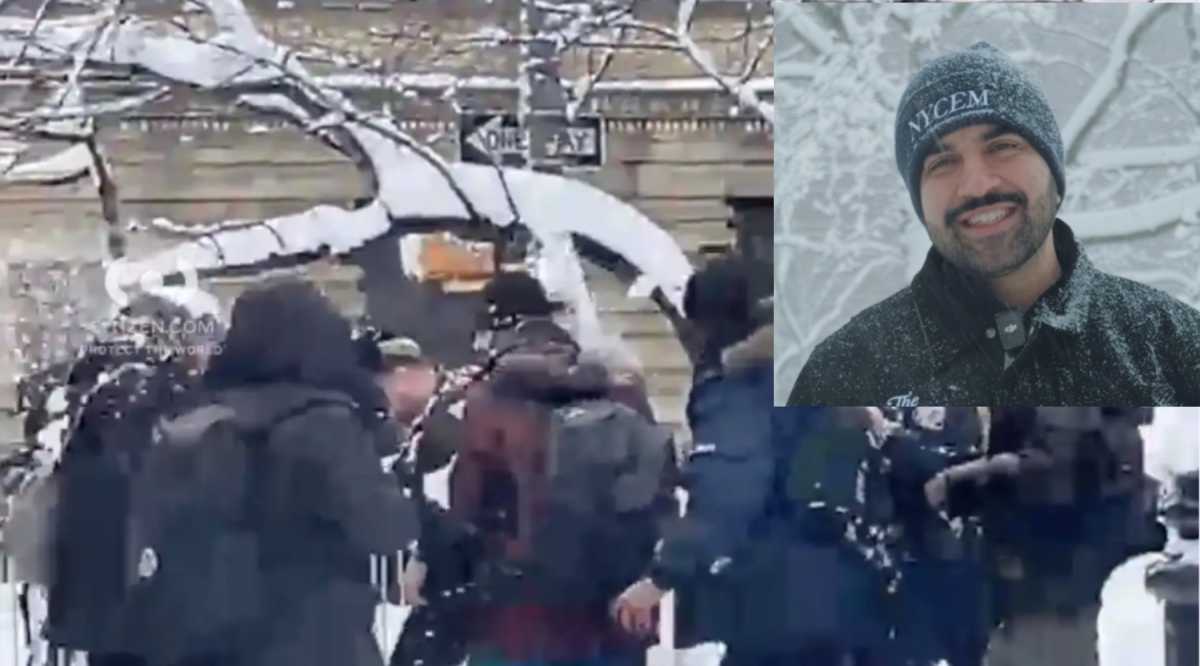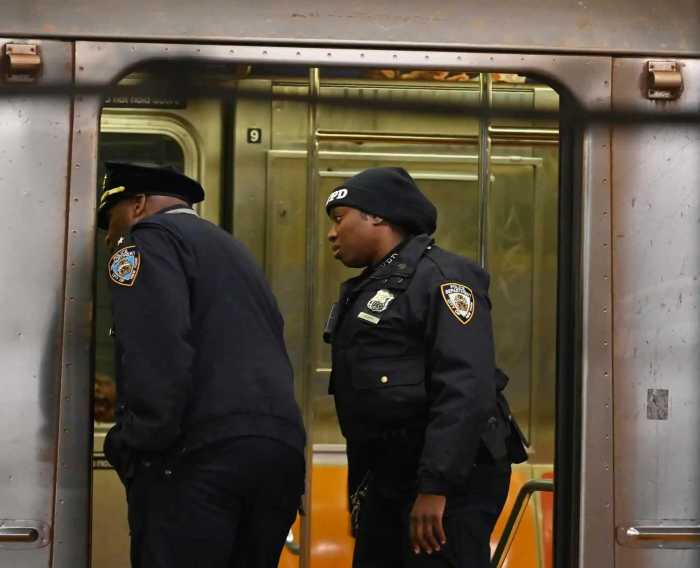By Mark Hallum
Commuters on the 7 train in Queens and Manhattan experienced a series of setback during the first week of communications-based train control, a digital signal system which replaced the analog technology.
The Metropolitan Transportation Authority celebrated the official rollout of the “milestone” installation on Nov. 26, but by around 4 p.m., delays struck seeing service suspended between Queensborough Plaza and Grand Central. Similar service disruptions related to signal trouble would occur in the days that followed.
But the MTA said it is not unusual for there to be setbacks when installing new technology and that CBTC on the L train needed similar time for configuration.
“The new signal system was put in operation throughout the 7 line this week — we’re working daily to iron out issues and will be working with the supplier over the next few weeks to optimize the system and do other signal work on the line to complete the transition,” an MTA spokesman said. “We thank our customers for their patience — once the system is stabilized they will enjoy the enhanced reliability and, eventually, increased train frequencies that CBTC signaling allows, as currently seen on the L line.”
Tuesday’s evening commute (Nov. 27) saw a passenger injured on the tracks at Willets Point and wait times for trains at the Woodside station were between 20 and 30 minutes with limited service to express stops only.
On Wednesday, Nov. 28, was suspended between Willets Point and 74th Street throughout the entire evening rush hour with commuters encouraged to take the E, F, M and R train as alternatives from Jackson Heights.
During Thursday morning’s (Nov. 29) commute, the connectivity issues caused stalls to Hudson Yards-bound trains while the platforms at the Flushing-Main Street Station offered no additional places for commuters to stand while waiting for trains to arrive.
Multiple people took to the Facebook group, 7 Train Blues, to air their grievances by posting photos of the platforms in Flushing claiming they would need to use the pricier option of the LIRR as an alternative to get to work on time.
While Friday morning, congestion in train cars that some customers were spotted riding between cars.
“Finally got on the third 7 train, but had to get off at 74th and transfer to an R,” Alexis Kaloyanides wrote on Facebook. “7 train is so delayed and overcrowded that some straphangers are riding outside the cars!”
The MTA further pointed out that although the L train went through similar issues as the kinks were worked out in the CBTC system, that line is currently the most reliable and on time.
With L train set for a 15 month partial shutdown to make overhauls to the Canarsie Tunnel from Hurricane Sandy related damage, however, the 7 train is anticipated to take on some of the burden of displaced Brooklyn riders commuting to Manhattan.
CBTC allows the MTA to add 14 trains to the 7 line to accommodate the approximately 250,000 Brooklyn riders.
But the 7 train will not be the only one picking up the slack.
The M train will have weekend and overnight service expanded, according to the MTA, affording people in Middle Village a path into lower Manhattan and extending the line from its usual terminus at Essex Street to 96th Street in the Upper West Side.
Reach reporter Mark Hallum by e-mail at mhall


